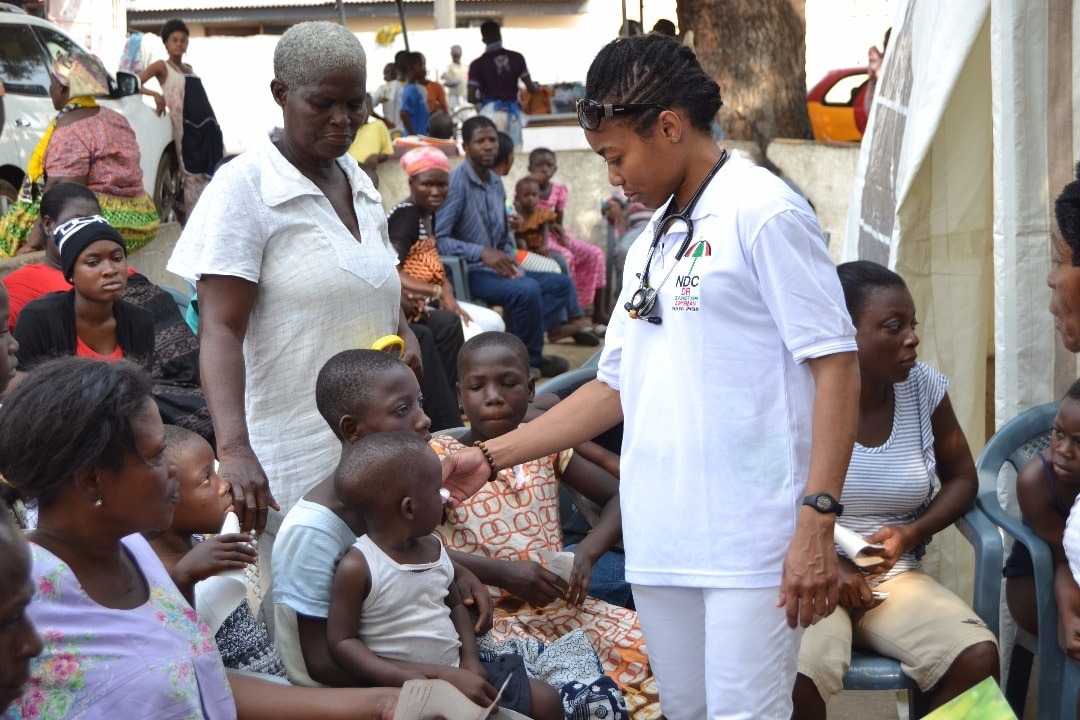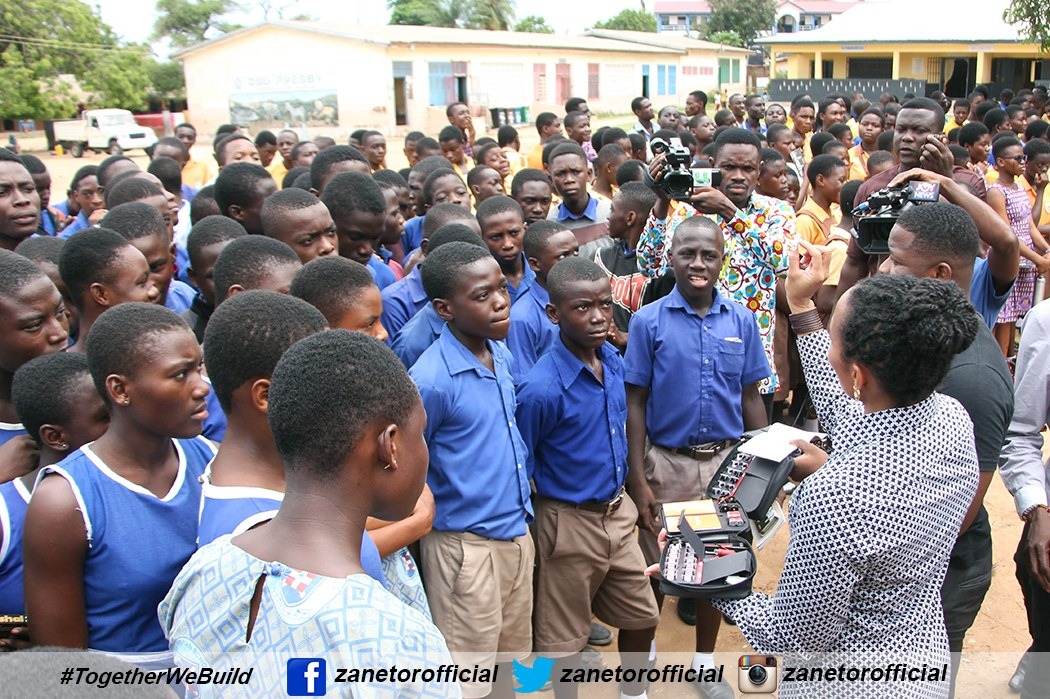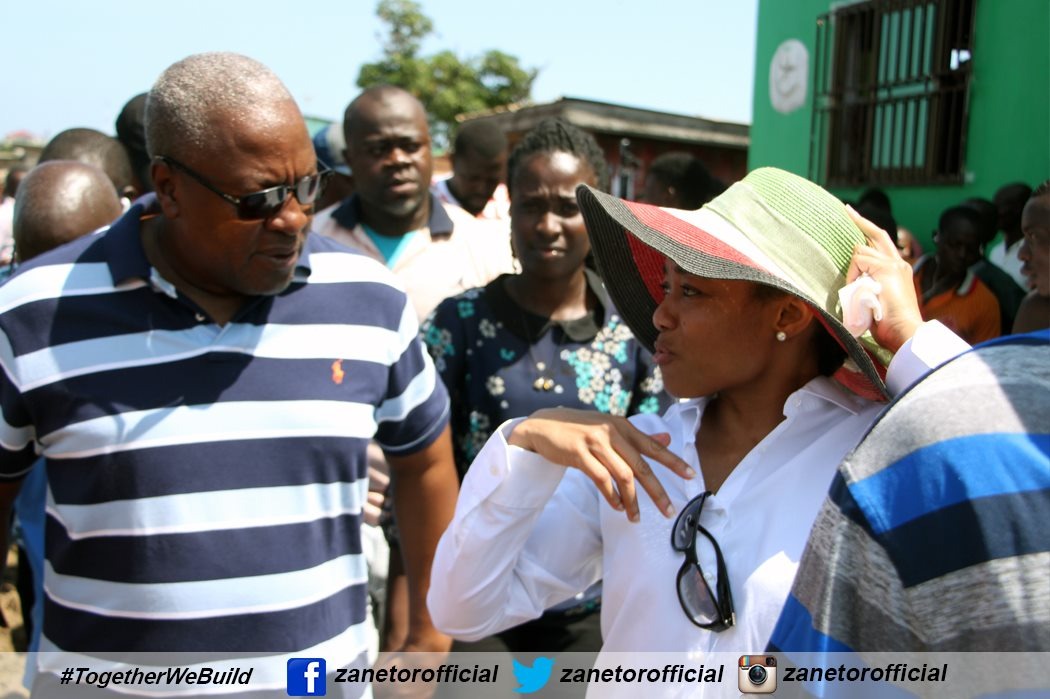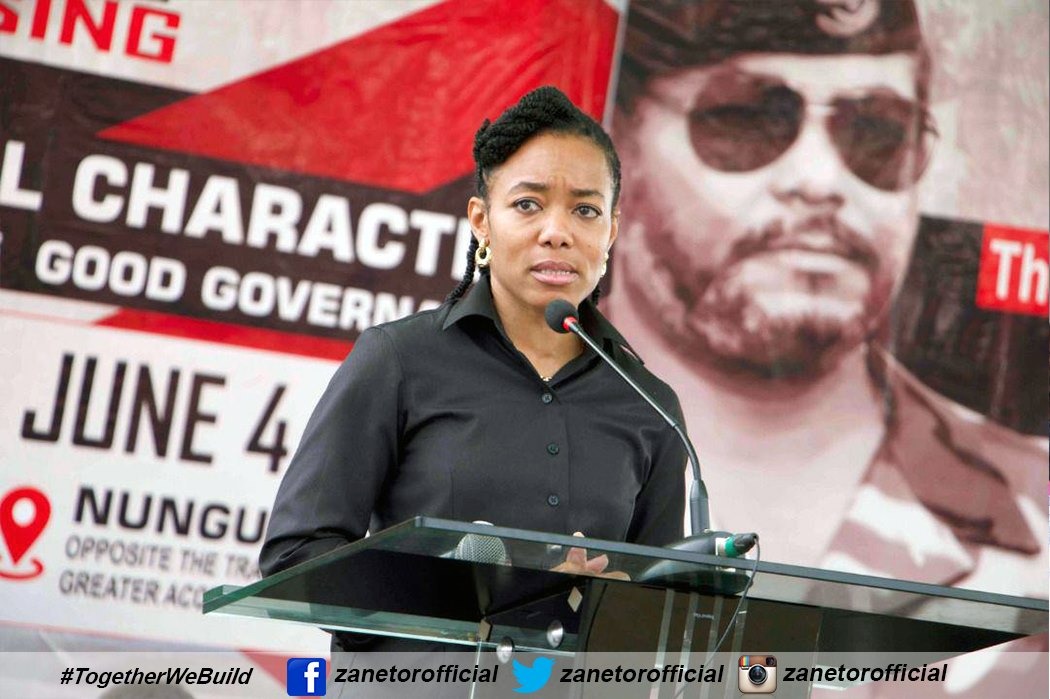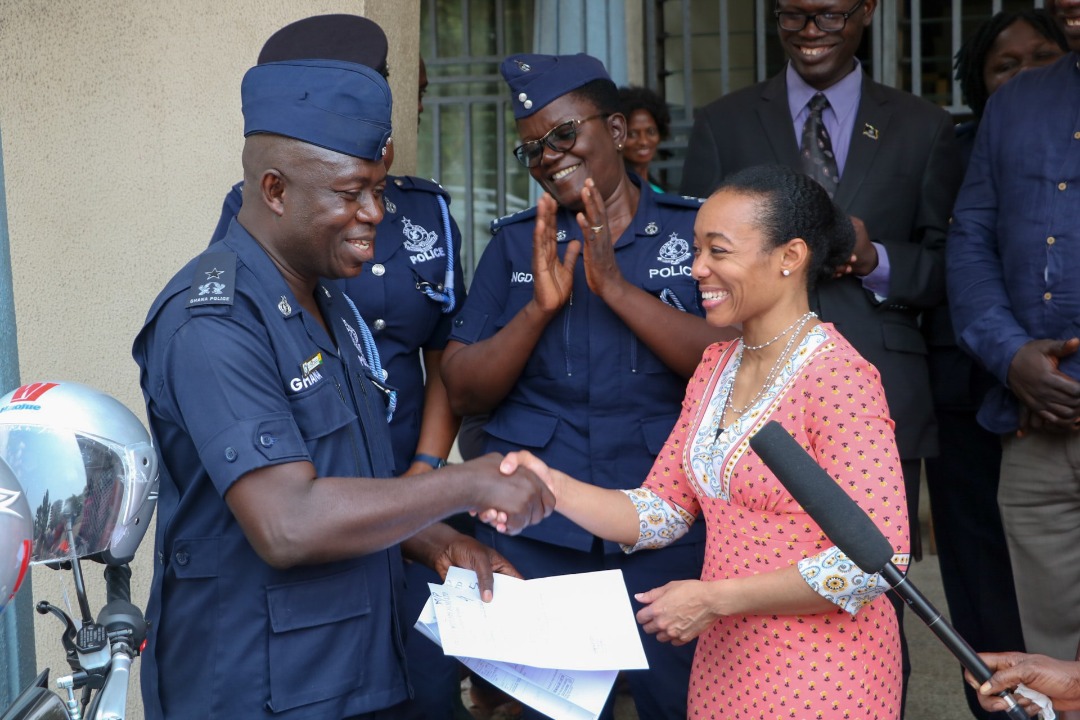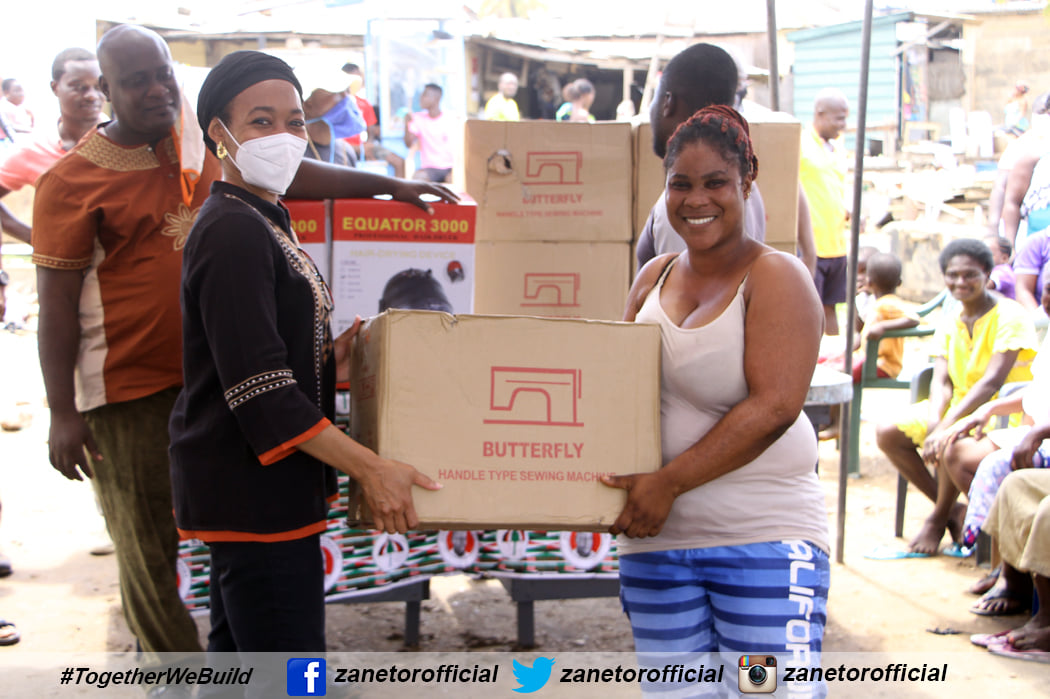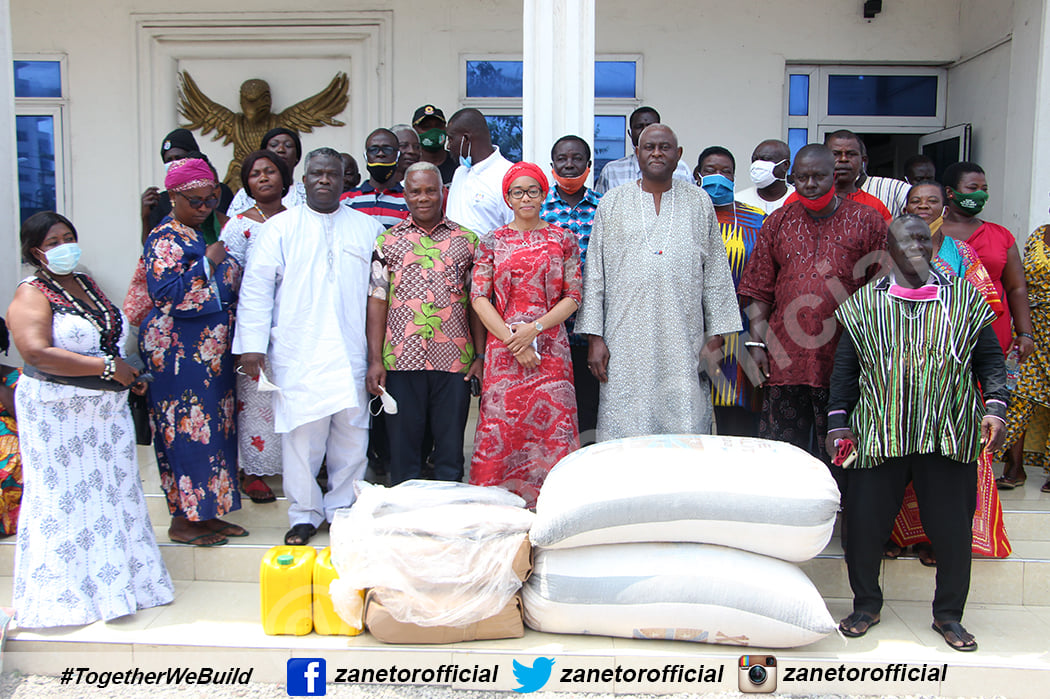Statement On The Evolution & Challenges Of Women In Peace And Security By Dr. Zanetor Agyeman-Rawlings, Member Of Parliament For Klottey-Korle Constituency And Deputy Ranking Member On The Select Committee On Defence And Interior.
Mr. Speaker, much obliged for the opportunity to make this statement on some of the challenges of women within the context of peace and security.
Historically, the issue of gender, specifically women in governance was not considered serious enough until the world was forced to acknowledge the inequitable distribution of suffering when it comes to conflict and gender in more recent times, and even then, the appropriate wording still eludes most treaties and conventions and resolutions with regards to the naming of gender-based sexual crimes and the consequences of committing those crimes.
The Covid-19 pandemic once again highlighted the fact that women are disproportionately affected in times of crisis, as it brought to the fore many of the old cracks that had not been addressed.
Mr. Speaker, The United Nations Organization is comprised of countries all of whom have a heterogeneous population in terms of male and female, however the issues concerning women’s participation in governance, peace keeping, peace-building and post-war reconstruction and development did not become topical until quite recently. It has been twenty-two years since the UNSCR 1325(2000) was passed, yet some very real challenges remain.
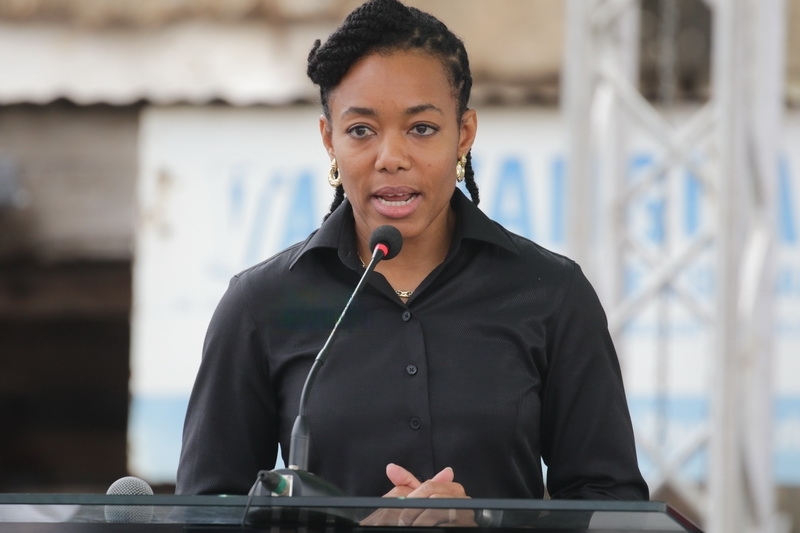
Historical Context of Women in Peace and Security.
The Women in Peace and Security (WPS) Agenda was initially conceived by women in the form of pressure groups that demanded to have their voices heard on behalf of womankind at the Women’s Congress in 1915 during World War I. This was the Women’s International League of Peace and Freedom.
When the UN was formed, the women’s pressure group insisted on the formation of what became the Commission for the Status of Women (CSW) which is a stem of the General Assembly of the UN and ECOSOC (Economic and Social Council) to be precise. This was mainly about the European women as the other countries were still colonies.
The UN declared 1975 as the Year of the Woman and the ten years following were declared the Decade of Women. It is noteworthy that by 1970’s most countries had declared independence from their colonial masters and so this so-called Decade of the Woman was a more global concept.
In 1979 the Convention for the Elimination of all forms of Discrimination Against Women. CEDAW was born and presented at the conference in Copenhagen in 1980. CEDAW is legally binding and as progressive as it is, it made no mention of gender-based violence. Most states have signed and ratified this treaty, except for the USA which has signed but not ratified. Iran, Somalia, Sudan and Tonga are non-signatory states to the CEDAW Treaty.
Right Honourable Speaker, The year 1985 saw the largest of its kind in the International Women’s Conference held in Nairobi and its main themes were Equality, Development and Peace; Peace being not simply the absence of war, but also the freedom from violence against women. Good governance is judged by certain criteria, According the African Development Bank, good governance should have the following features:
Accountability, Transparency, Combatting corruption, Participation, Legal and judicial reforms.
The Vienna World Conference on Human Rights in 1993 was forced to address women’s rights as a human rights issue because of the violence and sexual abuse against women occurring in Yugoslavia at the time. Sadly, not much has changed as sexual violence against women (and boys) is used as a weapon of warfare.
Mr. Speaker, the Fourth International Women’s Conference was held in Beijing in 1995 made human rights and women’s participation in decision making at all levels key. One of the recommendations was for the countries to have gender desks in the Ministries, Departments and Agencies including Security Services. It cautioned against the specific establishment of Women’s Ministries as these would take gender issues to the periphery as that ministry would be saddled with all matters gender related. The conference also discussed the eradication of poverty, women in armed conflict and violence against women.
In the aftermath of the Beijing conference, came the 1998 Windhoek Peace Conference in which Namibia collaborated with Bangladesh to champion the women, peace and security agenda culminating in the adoption of UNSCR 1325. Resolution 1325 (2000) recognized the disproportionate impact of conflict on women and focuses on: Gender balance, Gender Mainstreaming, Accountability. Gender balance advocates the increase in female participation and representation. Gender Mainstreaming is about the consideration of the special needs of women in conflict, post conflict reconstruction and development, electoral procedures, policing and access to justice.
Mr. Speaker, following UNSCR 1325, came supplementary resolutions SC/1820 (2008), SC/1888 (2000), SC/1889 (2009), SC/1960 (2010), SC/2016, SC/2122 (2013) and SC/2242 (2015). Each of these builds upon the previous resolutions. As the UNSCR progressed, emphasis shifted to sexual violence. The UNSCR 1889 focused on participation of women in the various bodies and sectors and emphasized the need for capacity- building in women. The UNSCR 1960 (2010) now has names of people or groups that are credibly suspected of crimes of sexual violence against women and further states that the UNSC can institute sanctions against those on the list.
The UNSCR 2242 (2015) recognized the changing context of peace and security, discussed conflict prevention and participation of women as opposed to over emphasis on protection through military means.
Within the Resolutions are the recommendation for Member States to adopt National Action Plans to address gaps in 1325 and ensure that practical steps are taken to ensure that Resolution 1325 is implemented. Even though it has been addressed as security issues specifically by the UN, there are political, developmental, social, educational, and other aspects of women’s roles that are perhaps being forced into the security sector for obvious reasons.
Mr. Speaker, the chronological account of the inception of the WPS Agenda is an indicator of the fact that the issue of gender balance and mainstreaming are still not fully implemented by countries across the globe. Two decades after 1325, a report by the Women’s International League for Peace and Freedom found that the three primary challenges to progress on Women, Peace and Security are “i.militarism and militarization; ii.the patriarchal and political underpinnings of the agenda; and iii.lack of accountability for implementation.”
Challenges to the WPS Agenda include lack of awareness, lack of commitment among the main actors, lack of/inadequate resources, absent gender desks.
- Some cultures do not regard women as equal to men in society.
- Sadly, others do not view sexual violence against women as a crime.
- Women generally have different leadership styles, which should be explored and developed as part of a holistic approach to global governance.
- There are not enough women in the various levels in leadership to drive the gender balance and mainstreaming aspects of the WPS Agenda. The basic structure of education in most countries does not have gender sensitization and mainstreaming as part of its formal curriculum and there is still a considerable amount of resistance (subtle and overt) in most sectors to increase the proportion of women to the thirty percent recommended by the UNSC. Furthermore, there tends to be a narrow focus on states in conflict or emerging from conflicts without enough focus on the nations at peace or in relative stability. This usually means that the opportunities to create a paradigm shift in a peaceful situation are often lost as preference is given to conflict situations.
- Good governance includes participation in economic activities and politics of which frequent, free and fair elections are an important component. Unfortunately, within the political arena, the vicious verbal and sometimes physical attacks on women who dare to run for political office, serves as a disincentive to other women who might be well qualified but not able to withstand the levels of gender-based abuse that women face in politics. The structures that must be in place for the enforcement of law and order and for ensuring justice for victims of crime must be functioning optimally and with a gender sensitive lens to further improve equity and equal opportunities to women.
- In the arena of peace building and PCRD, there are not enough women at the negotiating table whether because of the cultural and sometimes religious barriers placed in their way or the fact that there are just not enough women with the capacity to fill those slots. The studies have shown that having women at the negotiation table improves outcomes and often results in more sustainable peace.
The CEDAW and SC/1325 and many others including International Humanitarian Law and International Human Rights Law find themselves in a grey area in more recent times as they were crafted with conventional warfare in mind with clear boundaries of inter-state and intra-state conflict. However, most conflicts today have trans-boundary components, making them sometimes intrastate with an international dimension resulting in complexities with regards to the application of International Criminal Law
In Conclusion:
The Women, Peace and Security Agenda is difficult to water down into a homogenous concept simply based on the culture, social and economic spectrum in the states that constitute the global arena in International Relations. These concepts are built around the concepts of leadership and governance from the point of view of men, with very little reference to the opinions or contributions of women. The social constructs existing in the arena of International Relations and Governance have been centered on the way men think and behave, as a generalization. In attempting to improve the representation and participation of women in politics, economics and peace building, the core of these concepts must be examined and adjusted to make room for the feminine component as it is obviously the lack of balance that results in this vicious cycle in which women are unable to break the glass ceiling in a sustainable manner.
It would appear in some ways that the over dominance of men in all spheres of global governance has only finally exposed a defect in our social construct that we can no longer afford to ignore.
Nevertheless, the pursuit of empowerment of self, as well as economic and political empowerment, must be in synergy with gender mainstreaming (progressive and multi-dimensional) and gender balance, all of which can be appropriately addressed through effective, achievable, culturally aware National Action Plans and National Development Policies. This demands a horizontal and vertical approach to behaviour modification and education in the various states and must translate and be applicable at the smallest unit of the society, (the family), and at the basic level of formal education to have a real impact.
Thank you, Mr. Speaker for the opportunity.
Reference:
United Nations (1995). Beijing Platform for Action – Women and Armed Conflict Diagnosis:
http://www.un.org/womenwatch/daw/beijing/platform/armed.htm [Accessed: 6 February 2022]
United Nations (1945). Charter of the United Nations:
http://www.un.org/aboutun/charter/ [Accessed: 6 February 2022]
United Nations (2000). Presidential Statement to Press, 8 March 2000: http://www.un.org/News/Press/docs/2000/20000308.sc6816.doc.html [Accessed: 6 February 2022]
https://www.un.org/press/en/2015/sc12076.doc.htm [Accessed: 8 February 2022]
https://www.wilpf.org/unscr-1325-at-20-years-perspectives-from-feminist-peace-activists-and-civil-society/ [Accessed: 9 February 2022]
https://www.weforum.org/reports/global-gender-gap-report-2021 [Accessed: 8 February 2022]
| M | T | W | T | F | S | S |
|---|---|---|---|---|---|---|
| 1 | 2 | 3 | 4 | 5 | 6 | 7 |
| 8 | 9 | 10 | 11 | 12 | 13 | 14 |
| 15 | 16 | 17 | 18 | 19 | 20 | 21 |
| 22 | 23 | 24 | 25 | 26 | 27 | 28 |
| 29 | 30 | 31 | ||||

